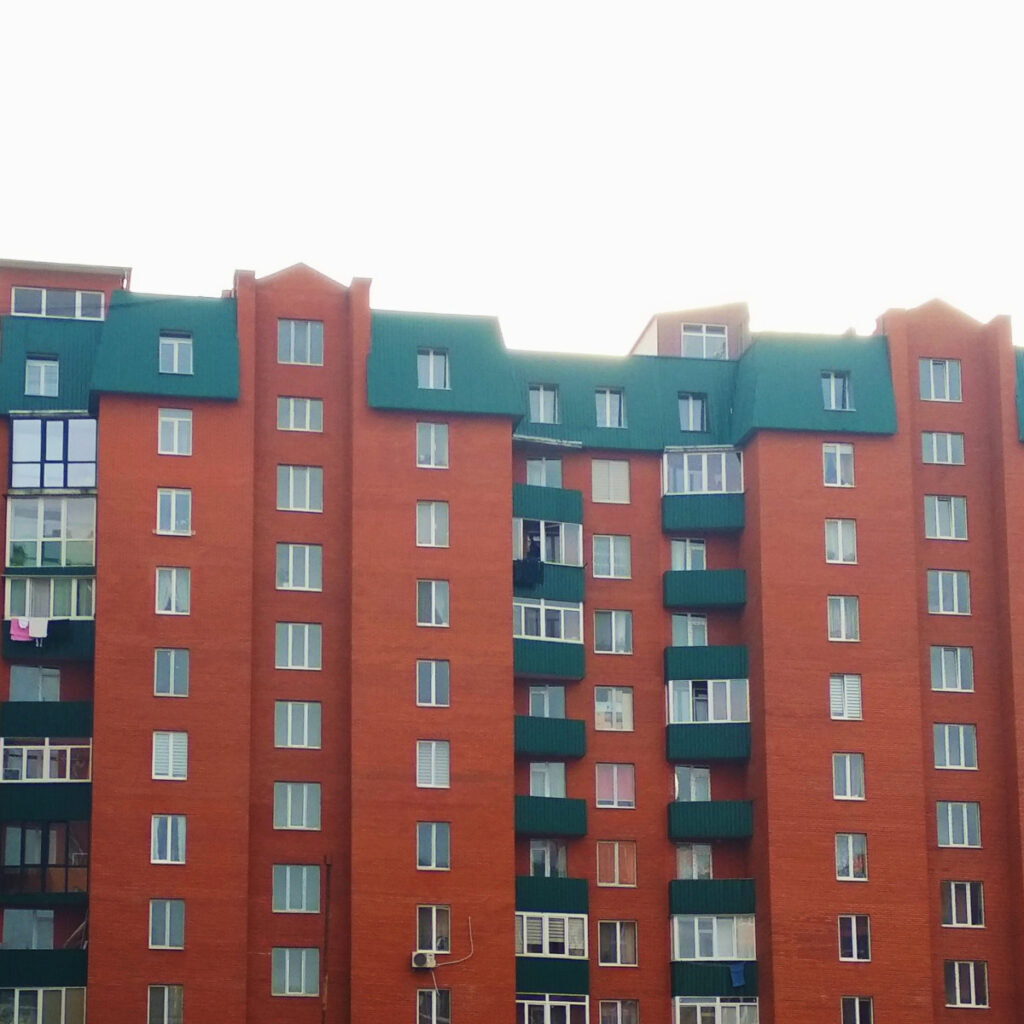When you’re looking to rent an apartment, there are several tasks and fees to consider. From application fees to move-in fees and security deposits, the costs can quickly add up. One fee that may be a bit more ambiguous is the administration fee. It’s important to understand what this fee covers and how it differs from other charges, as well as being aware of your rights as a tenant under local landlord-tenant laws.
This article will delve into the details of administration fees, answering common questions and providing clarity on this aspect of renting an apartment, whether you’re in Louisville, KY, or Seattle. Let’s explore further.
Understanding Administration Fees for Apartments
Landlords charge administration fees to offset the risk of taking the unit off the market in case a prospective tenant doesn’t follow through. This fee is meant to cover the landlord’s time spent processing the application and is often seen as a deposit to secure the apartment.
If your application is approved, the administration fee is typically non-refundable. However, if your application is denied, you should receive a refund for the fee, minus any expenses for credit and background checks.
Distinguishing Administration Fees from Move-in Fees and Security Deposits
Administration fees, move-in fees, and security deposits are all payments made before moving into a rental property. Let’s break down each one to understand their respective purposes and implications for tenants.
Administration Fee
The administration fee compensates the landlord or property manager for processing your application and reserving the apartment for you. This fee typically ranges from $50 to $350, with some states regulating the maximum amount to prevent exploitation or fraudulent practices.
While administration fees are usually non-refundable, some landlords may apply the fee towards your first month’s rent.
Move-in Fee
A move-in fee covers expenses for minor maintenance and touch-ups done before a new tenant moves in, such as painting or carpet cleaning. This fee typically falls between $150 and $350, is often non-negotiable, and is separate from the administration fee and any move-out fees.
Some landlords may opt not to charge a move-in fee, using the previous tenant’s move-out fee for necessary repairs and preparations for the next occupant.
Security Deposit
The security deposit is a upfront payment to cover damages beyond normal wear and tear during your tenancy. It can also be used to cover unpaid rent at the end of your lease. This deposit is distinct from the move-in fee and administration fee and is typically equal to one month’s rent.
The security deposit safeguards the landlord against any excessive damage to the rental property, with any repair costs deducted from the deposit. Any remaining balance should be returned to you according to local laws.

What to Know About Administration Fees
Administration fees are typically one-time payments ranging from $50 to $350. Tenants usually pay this fee after approval and lease signing, though landlords have the discretion to determine when to charge it.
When Are Administration Fees Due?
Administration fees are paid before the move-in date. Some landlords may include these fees in the application process, while others may add them to the first month’s rent upon approval.
Are Administration Fees Refundable?
If your application is rejected, you may be eligible for a refund of the administration fee. In most cases, this fee is non-refundable, similar to an application fee. Refund policies are typically governed by local laws, so it’s advisable to budget for the administration fee as a non-recoverable expense.
Negotiating Administration Fees
While landlords may not be open to negotiating administration fees, it doesn’t hurt to inquire. The fee covers the costs of screening potential tenants, a legal requirement for landlords. While the fee amount may not be negotiable, landlords may be willing to adjust based on individual circumstances.
Legality of Administration Fees
Administration fees are generally legal in most states, with some jurisdictions imposing limits on the amount and types of fees landlords can charge. For example, New York and Wisconsin cap application fees at $20, while California restricts additional charges and limits security deposits. Vermont and Massachusetts prohibit application fees altogether.

